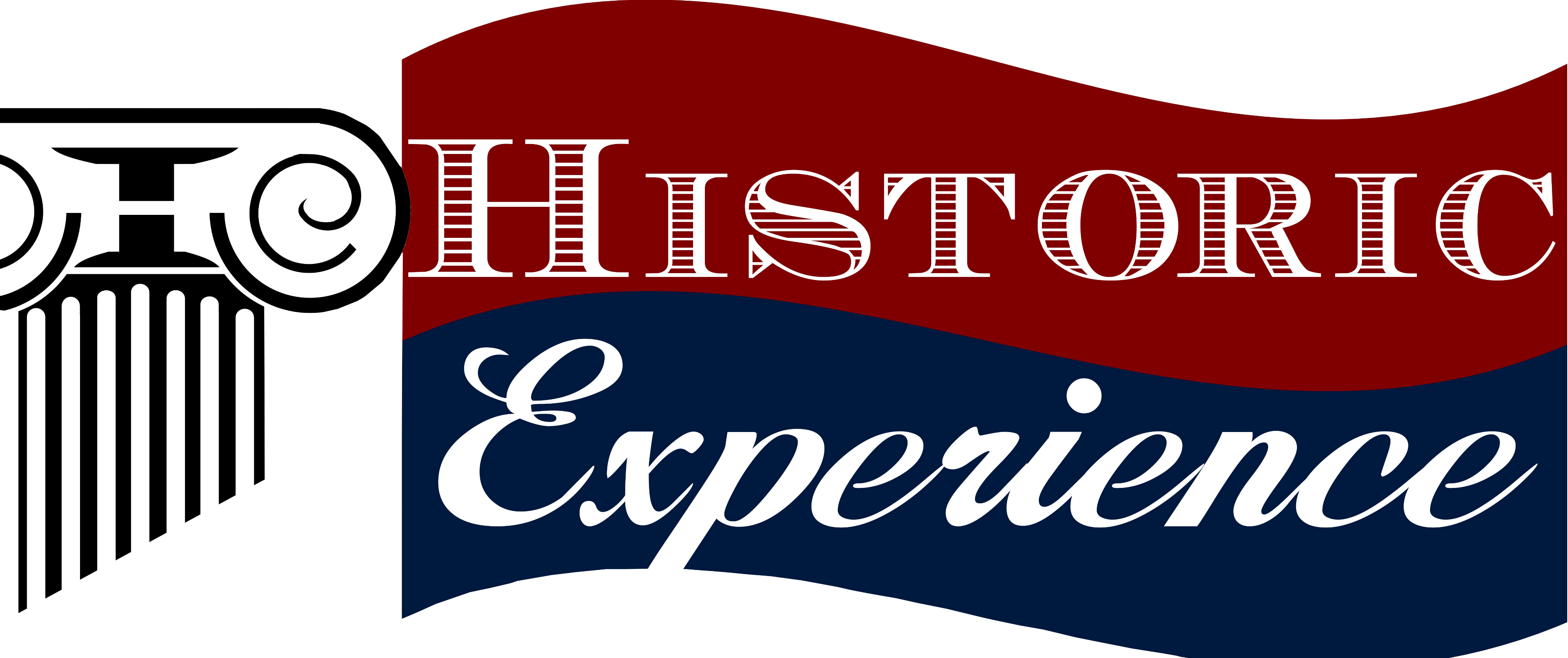December 4, 1902
December 4, 1902
Oliver Wendell Holmes, Jr., one of the most notable and quoted Justices of the Supreme Court in the twentieth century, almost wasn’t. And then Theodore Roosevelt came along.
"absolutely sane and sound"
When William McKinley was President, rumors were circulating about sitting Associate Justice Horace Gray. Word was that he was considering leaving the bench due to illness. McKinley had made an informal offer to Alfred Hemenway, in the event of Gray’s announcement. Holmes was not even suggested. A different plan was in place.
Until September 6, 1901, and the assassination of President McKinley.
Once TR had assumed the Presidency, he continued some of McKinley’s policies and approaches. But he certainly did things his own way. Such was the case with Horace Gray.
Gray suffered a stroke in February of 1902, and by July submitted his resignation. Roosevelt started his own search for a new Associate Justice, and on the advice of his friend Senator Henry Cabot Lodge, the President met with Chief Justice of the Massachusetts Supreme Court, Oliver Wendell Holmes, Jr.
TR found a kindred spirit in Holmes: a son of a well-renowned New York man, Harvard graduate, author and volunteer soldier. More importantly...
" Finally, Judge Holmes’ whole mental attitude, as shown for instance by his great Phi Beta Kappa speech at Harvard is such that I should naturally expect him to be in favor of those principles in which I so earnestly believe.
TR, To Henry Cabot Lodge, July 10, 1902.
Roosevelt wanted to make sure that “that Judge Holmes was in entire sympathy with our views, that is with your views and mine and Judge Gray’s,” which is to say a constructive statesman – or TR’s estimation of a good progressive Republican. And some of Holmes’ judgments and speeches assured the President of that stance. And Holmes would indeed take some progressive stances during his long stay on the bench, giving TR a strong impact on the Supreme Court. But to his eventual frustration, the President would also realize –
Oliver Wendell Holmes, Jr. was also, like the President, his own man.
